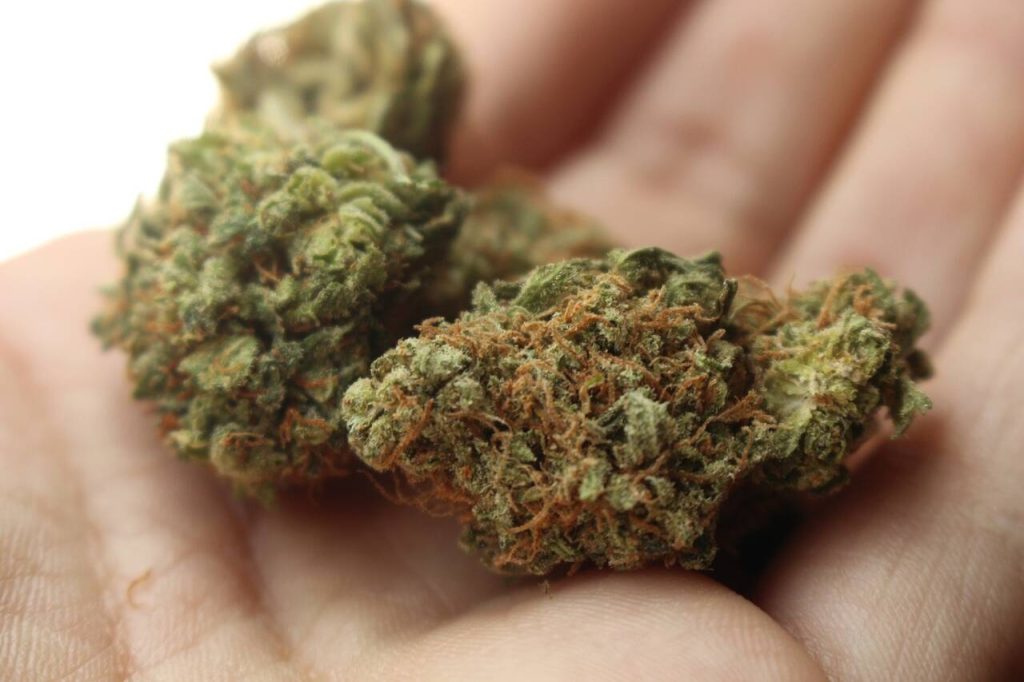How THCA Flowers Are Changing the Narrative Around Cannabis Use
THCA flowers are significantly shifting the narrative around cannabis use, bringing a new dimension to the conversation about its benefits and applications. THCA, or tetrahydrocannabinolic acid, is a non-psychoactive cannabinoid found in raw cannabis plants. Unlike its more famous counterpart, THC tetrahydrocannabinol, THCA does not produce the intoxicating effects typically associated with cannabis consumption. This fundamental difference is reshaping perceptions, especially among those who have been hesitant about cannabis due to its psychoactive properties. The focus on THCA flowers underscores a growing interest in the therapeutic potential of cannabis in its natural form. These flowers, when consumed raw or juiced, retain a high concentration of THCA, which has been linked to various health benefits without the euphoric high. Research suggests that THCA might have anti-inflammatory, neuroprotective, and anti-emetic properties, making it a valuable component for those seeking relief from conditions like chronic pain, nausea, and neurodegenerative diseases. This shift in focus from THC to THCA aligns with a broader trend towards exploring the full spectrum of cannabinoids and their unique effects on the human body.

The rise of thca flower also reflects a changing cultural attitude towards cannabis. Traditionally, cannabis use has been associated with recreational use and its psychoactive effects. However, as more people become aware of the therapeutic potentials of THCA, the conversation is increasingly centering on its medical benefits. This evolving narrative is challenging stereotypes and fostering a more nuanced understanding of cannabis as a versatile plant with a range of applications beyond recreational use. Furthermore, the emphasis on THCA flowers highlights a broader movement towards natural and holistic health solutions. In an era where there is growing skepticism towards synthetic pharmaceuticals, many are turning to natural remedies as viable alternatives. THCA flowers, with their potential health benefits and lack of psychoactive effects, offer an appealing option for those seeking to incorporate cannabis into their wellness routines without the high associated with traditional cannabis products. The availability of THCA flowers also opens new opportunities for the cannabis industry.
As consumer preferences shift towards health-focused products, growers and manufacturers are responding by cultivating strains rich in thca flower. This not only diversifies the market but also encourages innovation in the development of cannabis products that cater to specific health needs. In summary, THCA flowers are playing a crucial role in redefining cannabis use. By emphasizing the therapeutic benefits of a non-psychoactive cannabinoid, they are challenging existing stereotypes and opening up new possibilities for how cannabis can be used in health and wellness. This shift is reflective of a broader trend towards a more informed and health-conscious approach to cannabis, suggesting that the future of cannabis use may be more about personalized health benefits than about recreational effects.

